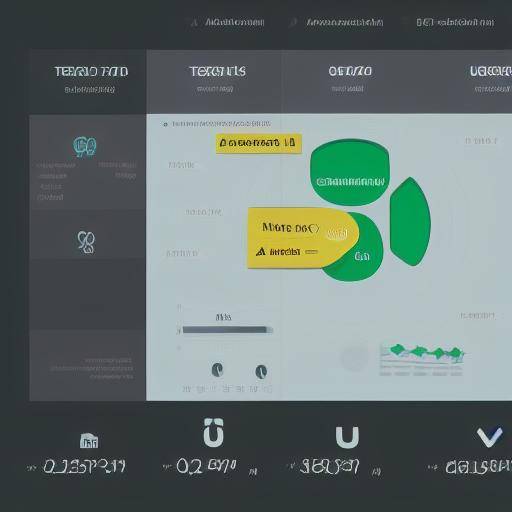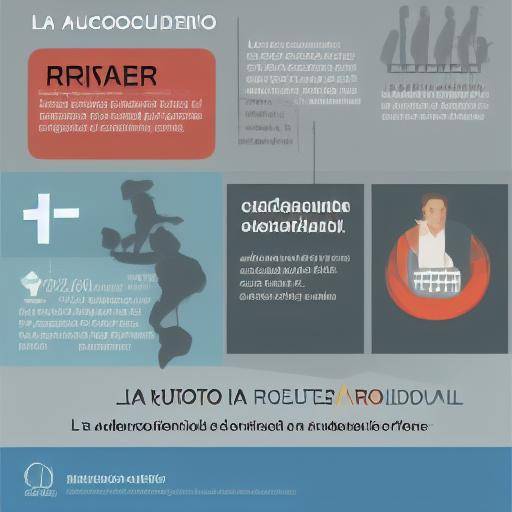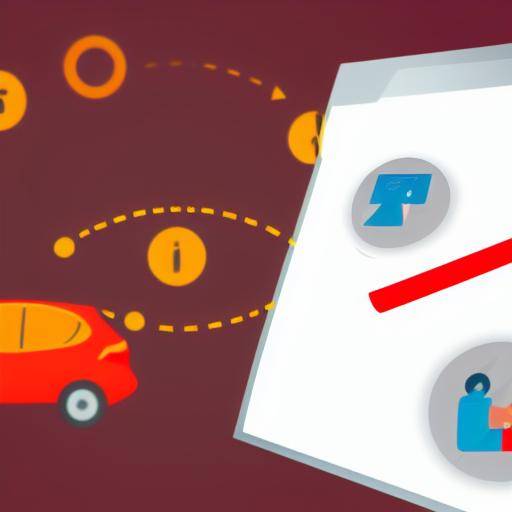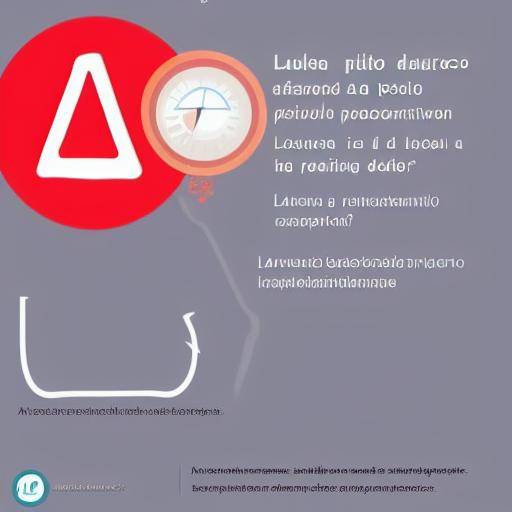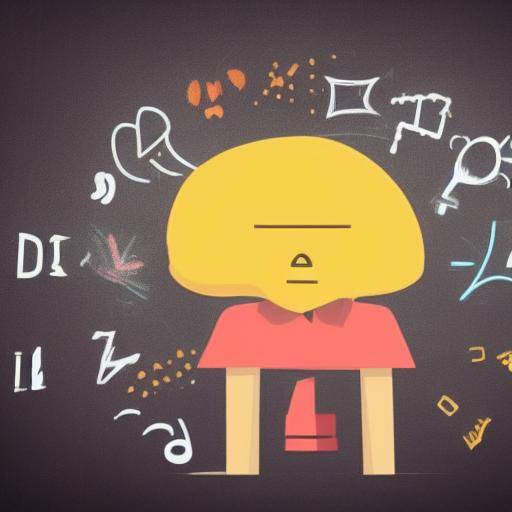
Introduction
In everyday life, we face a wide variety of situations that can generate conflicts, whether in the labour, family or social spheres. Often, effective management of these conflicts requires not only resolution skills, but also self-care skills. In this article, we will explore in depth the relationship between self-care, conflict management and personal well-being. We will discover how self-care can be a fundamental part of effective conflict management, and how their practice can contribute significantly to people's emotional and mental well-being. Throughout this journey, we will examine history, benefits, challenges, current trends, practical applications and the future impact of self-care on conflict management.
History and Background
The concept of self-care has deep roots in various cultural and philosophical traditions. From ancient Eastern wisdom that emphasizes harmony between mind and body, to self-reflection and personal care practices present in Greek philosophy, self-care has been recognized as an essential element for well-being since ancient times. The modern notion of self-care has also evolved through mental health movements and mindfulness practices, highlighting its importance in managing anxiety, stress and interpersonal conflicts.
Deep analysis
Self-care not only involves meeting our physical needs, such as food and exercise, but also our emotional and spiritual needs. In conflict management, self-care plays a crucial role in providing us with the mental clarity and emotional stability necessary to address challenging situations with calm and understanding. By cultivating habits of self-care, such as meditation, self-knowledge and the establishment of healthy limits, we can strengthen our emotional resilience and improve our ability to handle conflicts effectively.
Comprehensive review
The practical applications of self-care in conflict management are diverse and significant. In working environments, self-care can help professionals set limits and manage stress and pressure, which in turn contributes to healthier working relationships and increased productivity. In the family sphere, self-care can provide individuals with the ability to face interpersonal challenges with calm and empathy, fostering harmony and mutual understanding.
Comparative analysis
A comparison between self-care, conflict management and personal well-being reveals deep interconnections. Self-care is not only a vital component of conflict management, but also an essential foundation for personal well-being and healthy relationships. The practice of self-care fosters a solid basis for dealing with conflicts constructively, while nourishing the mental and emotional health of the people involved.
Practical Tips and Accessible Tips
Integrating self-care into conflict management can be achieved through concrete and practical steps. Establishing daily self-care routines, such as meditation, the practice of activities that provide pleasure and the search for emotional support, are effective strategies to build emotional resilience and conflict management skills.
Perceptions of Industry and Expert Reviews
Experts in the field of psychology and personal development recognize the fundamental importance of self-care in conflict management. They emphasize that self-care not only strengthens the ability to face challenges, but also contributes to the formation of healthier and more satisfactory interpersonal relationships.
Case Studies and Practical Applications
Case studies involving the integration of self-care into conflict management provide concrete examples of how self-care can transform the dynamics of relationships and conflict resolution. From working environments to family environments, these studies highlight the positive impact of self-care on managing challenging situations.
Future Trends and Predictions
As awareness of the importance of self-care continues to grow, its integration into conflict management is expected to become a more widespread and recognized practice. Organizations and communities are expected to actively promote self-care as an integral part of their conflict management strategies, recognizing their ability to promote emotional well-being and interpersonal harmony.
Conclusions
Self-care emerges as a key pillar in conflict management, providing a solid basis for dealing with challenging situations with emotional balance and mental clarity. By cultivating self-care habits, people can strengthen their emotional resilience, improve their ability to manage conflicts and foster healthy relationships in all areas of their lives.
Frequently asked questions
Why is self-care important in conflict management?
Self-care provides people with the emotional strength and mental clarity necessary to address conflicts with calm and understanding, which promotes constructive resolution.
What self-care practices are effective for conflict management?
Meditation, regular practice of pleasurable activities, the establishment of healthy limits and the search for emotional support are effective self-care practices that benefit conflict management.
How can self-care contribute to personal well-being in conflict situations?
Self-care nourishes people's mental and emotional health, allowing them to face resilience conflicts and promote healthy relationships.
Are there risks associated with lack of self-care in conflict situations?
Lack of self-care can lead to increased stress, anxiety and difficulty in dealing with conflictive situations, which negatively impacts emotional well-being and the ability to effectively resolve conflicts.
How can self-care strengthen communication skills during conflict?
By promoting mental clarity and emotional stability, self-care promotes clearer, more empathic and effective communication during conflict management.
How can self-care impact labour relations and productivity?
Integrating self-care in the working environment promotes healthy relationships among colleagues, reduces labour stress and improves productivity by fostering a positive working environment.
Thank you for reading! We hope that this article has provided a clear and profound understanding of the importance of self-care in conflict management and its impact on personal well-being.









